1. Introduction: The Intersection of Psychology and Poker
Poker, beyond being a game of skill and chance, is a complex and nuanced mental battlefield. The psychology of poker plays a crucial role in determining success at the tables, as players must navigate through various psychological factors to make optimal decisions. This article delves into the fascinating world of poker psychology, exploring the intricate relationship between the human mind and the game of poker. From emotional regulation and cognitive biases to bluffing and observation, understanding the psychological aspects of poker is essential for developing a winning edge. By exploring these psychological dimensions, players can enhance their decision-making abilities, develop mental resilience, and ultimately improve their overall performance at the poker table.
1. Introduction: The Intersection of Psychology and Poker
Poker, often referred to as the ultimate game of skill and strategy, is not just about the cards you hold in your hand. It’s a psychological battle that takes place at the green felt, where players use their minds to outwit and outplay their opponents. Understanding the psychology behind poker is key to becoming a successful player.
1.1 The Growing Field of Poker Psychology
In recent years, the field of poker psychology has gained recognition and importance in the poker world. It’s no longer just about memorizing probabilities and learning the rules; players now understand that their mental state and psychological approach play a crucial role in their success.
Psychological research has delved into numerous aspects of poker, exploring emotions, decision-making, and the art of bluffing. By understanding these psychological factors, players can gain an edge over their opponents and make more informed decisions at the table.
2. The Importance of Emotional Regulation in Poker
Emotional regulation is a fundamental skill for any poker player. The ability to control and manage emotions can make a significant difference in one’s performance.
2.1 Understanding Emotional Intelligence
Emotional intelligence, the capacity to recognize and understand emotions, is crucial in poker. Being aware of your emotions and those of your adversaries can give you valuable insights into their thought processes and help you adjust your strategies accordingly.
2.2 Managing Tilt and Avoiding Emotional Decision-Making
Tilt, the state of emotional frustration or anger that affects a player’s decision-making, is the bane of all poker enthusiasts. Learning to recognize tilt and implement strategies to mitigate its effects is essential. Rational decision-making based on logic and analysis, rather than emotions, is key to long-term success in poker.
3. Decision-Making Under Uncertainty: The Role of Cognitive Biases
Poker is a game of incomplete information and uncertainty. The decisions players make are influenced by cognitive biases – systematic errors in thinking that affect judgment and decision-making.
3.1 Common Cognitive Biases in Poker
Understanding common cognitive biases in poker, such as confirmation bias and the gambler’s fallacy, can help players recognize these patterns in their own thinking and avoid falling into their traps. By being aware of these biases, players can make more rational and objective decisions.
3.2 Overcoming Biases through Rational Decision-Making
Rational decision-making is the antidote to cognitive biases in poker. By employing logical reasoning, analysis of probabilities, and evaluating expected value, players can overcome the influence of biases and make more accurate decisions.
4. Understanding the Psychology of Bluffing and Deception
Bluffing is an art form in poker, and understanding the psychological factors that influence it is vital for every player.
4.1 The Art of Bluffing
Bluffing involves convincing your opponents that your hand is stronger or weaker than it actually is. Mastering the art of bluffing requires reading your opponents, understanding their tendencies, and strategically choosing the right moments to deceive.
4.2 The Psychological Factors that Influence Bluffing
Psychological factors such as fear, ego, and the need to control can affect a player’s bluffing decisions. By recognizing and manipulating these factors, players can gain an edge by successfully bluffing their opponents or detecting when they are being bluffed.
In conclusion, poker is not just a game of cards. It’s a game of the mind, where understanding the psychology behind it can separate the winners from the losers. Emotional regulation, overcoming cognitive biases, and mastering the art of bluffing are all crucial aspects of the mental game of poker. So, the next time you sit down at the poker table, remember that your biggest opponent might just be the one sitting inside your head. Good luck!
5. Developing Mental Resilience: Coping with Variance and Losses
5.1 Embracing Variance and Dealing with Downswings
In the world of poker, variance is like that annoying friend who always messes up your plans. It’s the unpredictable factor that can tilt the scales in your favor or throw a wrench in your winning streak. But instead of shunning variance like a bad hand, successful poker players know how to embrace it.
When facing downswings, it’s crucial to maintain a level head and not let emotions cloud your judgement. Understanding that poker is a game of probability and that short-term losses are inevitable can help you navigate the ups and downs with grace. Remember, a downswing is just a temporary setback on the road to long-term success.
5.2 Psychological Strategies for Bouncing Back from Losses
Losing is never easy, whether it’s a bad beat or a costly mistake. But the mark of a great poker player is their ability to bounce back from losses and stay mentally strong. Here are some psychological strategies to help you recover and get back in the game:
1. Learn from your mistakes: Instead of dwelling on the loss, analyze what went wrong and use it as an opportunity to improve your game. Every setback is a chance to grow and become a better player.
2. Take a break: Sometimes, the best way to recover is to step away from the table and clear your mind. Give yourself time to recharge and come back with a fresh perspective.
3. Surround yourself with positivity: Surrounding yourself with supportive friends or fellow players who understand the ups and downs of poker can help boost your morale and keep you motivated.
4. Practice self-care: Taking care of your physical and mental well-being is essential for bouncing back from losses. Get enough sleep, eat well, and engage in activities that bring you joy and relaxation.
Remember, poker is a mental game, and developing resilience is just as important as mastering the technical skills.
6. The Power of Observation: Reading and Interpreting Player Behavior
6.1 Recognizing and Analyzing Behavioral Patterns
In poker, being able to read your opponents can give you a significant advantage at the table. Humans are creatures of habit, and players often exhibit behavioral patterns that can reveal crucial information about their hand strength or intentions.
Keep an eye out for consistent actions, such as betting patterns, timing tells, and subtle body language. These behavioral cues can help you make more informed decisions and adjust your strategy accordingly.
6.2 Non-Verbal Cues and Tells in Poker
They say actions speak louder than words, and nowhere is that truer than in poker. Non-verbal cues, or tells, can provide valuable insights into your opponents’ thought processes. Look out for:
– Eye movements: Dilated pupils or fleeting glances can indicate excitement or nervousness.
– Posture and body language: Slumped shoulders or fidgeting can suggest a weak hand, while confident posture might indicate strength.
– Microexpressions: Brief facial expressions that reveal true emotions, such as a subtle grin or a quick eyebrow raise.
However, it’s important to remember that tells are not foolproof indicators, as some players may intentionally deceive or fake their behavior. Observing and interpreting player behavior is an art that takes practice and a keen eye.
7. Mindset and Confidence: The Psychological Factors for Successful Poker
7.1 Cultivating a Winning Mindset
A winning mindset is the secret sauce to poker success. It’s the unwavering belief in your skills and the ability to stay focused and determined even in challenging situations. Here are some tips for cultivating a winning mindset:
1. Positive self-talk: Replace negative thoughts with positive affirmations. Banish self-doubt and embrace confidence in your abilities.
2. Visualization: Visualize yourself making winning plays and achieving your poker goals. This mental rehearsal can help boost your confidence and improve your performance.
3. Control your emotions: Emotional stability is key in poker. Learn to detach yourself from outcomes and make decisions based on logic rather than impulses.
7.2 Building and Sustaining Confidence at the Poker Table
Confidence is not something you can buy, but it’s a priceless asset at the poker table. Here are a few strategies to build and sustain confidence:
1. Experience breeds confidence: The more you play and gain experience, the more confident you’ll become in your abilities. Embrace every opportunity to learn and grow as a player.
2. Track your successes: Keep a record of your accomplishments and winning sessions. Reflecting on your past successes can boost your confidence and remind you of your capabilities.
3. Surround yourself with supportive people: Surround yourself with friends or mentors who believe in you and encourage your growth. Positive reinforcement can work wonders for your confidence.
Remember, confidence is not about being cocky or overestimating your abilities. It’s about trusting yourself and making the best decisions based on your skills and knowledge.
8. Strategies for Improving Psychological Performance in Poker
8.1 Mental Preparation Techniques before a Poker Session
Just like an athlete prepares for a game, mental preparation is crucial before every poker session. Here are some mental preparation techniques to help optimize your performance:
1. Visualize success: Take a few moments to visualize yourself playing confidently and making wise decisions. Imagine yourself winning pots and maintaining a calm and focused mindset.
2. Set clear goals: Define your objectives for the session. It could be mastering a specific strategy or focusing on maintaining discipline and patience. Clear goals can keep you motivated and focused.
3. Relaxation techniques: Practice deep breathing, meditation, or any other relaxation techniques that help calm your mind and reduce stress. A relaxed state of mind can enhance your decision-making skills.
8.2 Enhancing Focus and Concentration during Gameplay
Maintaining focus and concentration in a fast-paced poker game can be challenging. Here are some strategies to enhance your focus:
1. Minimize distractions: Find a quiet and comfortable playing environment. Turn off notifications on your phone and eliminate any potential distractions that could divert your attention.
2. Practice mindfulness: Stay present in the moment and avoid getting lost in your thoughts. Focus on the current hand and make deliberate decisions based on the information available.
3. Take regular breaks: Mental fatigue can impair your decision-making abilities. Take short breaks to clear your mind, stretch, and recharge.
By implementing these strategies, you can sharpen your psychological performance and give yourself a competitive edge at the poker table. Remember, poker is both a game of skill and psychology, and mastering both will lead you closer to the winner’s circle.In conclusion, the psychology of poker is a critical aspect of the game that should not be overlooked. By gaining a deeper understanding of emotional regulation, cognitive biases, bluffing, observation, mindset, and confidence, players can elevate their poker skills to new heights. Developing mental resilience, honing decision-making abilities, and mastering the art of reading opponents can lead to more consistent success at the poker table. By recognizing and harnessing the power of psychology in poker, players can unlock their full potential and enjoy a more rewarding and fulfilling poker experience.
FAQ
1. How does understanding psychology give me an edge in poker?
Understanding psychology in poker provides numerous advantages. By recognizing and regulating your own emotions, you can avoid making impulsive decisions and playing on tilt. Additionally, understanding cognitive biases allows you to make more rational and objective decisions. Being able to read and interpret player behavior gives you valuable insights into their hands and intentions, allowing you to make more informed choices. Overall, psychology in poker gives you a competitive edge by improving your decision-making processes and enhancing your ability to adapt to different situations.
2. How can I improve my emotional regulation in poker?
Improving emotional regulation in poker requires self-awareness and practice. Techniques such as deep breathing exercises, taking breaks when feeling overwhelmed, and maintaining a positive mindset can all help regulate emotions at the table. It is also crucial to develop a healthy relationship with losses and variances, understanding that they are inherent in the game. By practicing emotional regulation techniques and focusing on maintaining a calm and composed demeanor, you can make more rational and strategic decisions, leading to better outcomes.
3. Is bluffing solely based on psychology?
Bluffing in poker involves a combination of psychology and strategic decision-making. While understanding the psychological factors that influence bluffing is essential, successful bluffing also relies on factors such as the strength of your hand, the betting patterns of your opponents, and the overall context of the game. Bluffing is a skill that requires an understanding of both the psychological aspects, such as reading opponents and manipulating their perceptions, as well as the strategic elements of the game.
4. Can developing mental resilience help me cope with losses in poker?
Yes, developing mental resilience is crucial for coping with losses in poker. Variance is an inherent part of the game, and experiencing losing sessions is inevitable. By developing mental resilience, you can maintain a positive attitude and bounce back from losses more effectively. Techniques such as reframing losses as learning experiences, focusing on the long-term results, and practicing self-care and self-compassion can all help build mental resilience. Ultimately, developing resilience allows you to stay motivated, learn from your losses, and continue to improve your game.

AdHang.com is the No.1 agency for digital marketing in Nigeria and the first Internet public enlightenment agency in Africa. AdHang has everything needed to achieve your digital marketing objectives and goals. From strategic digital marketing, a tactical approach to employing advanced digital marketing tools and technologies, using seasoned marketers with decades of marketing communications experience.

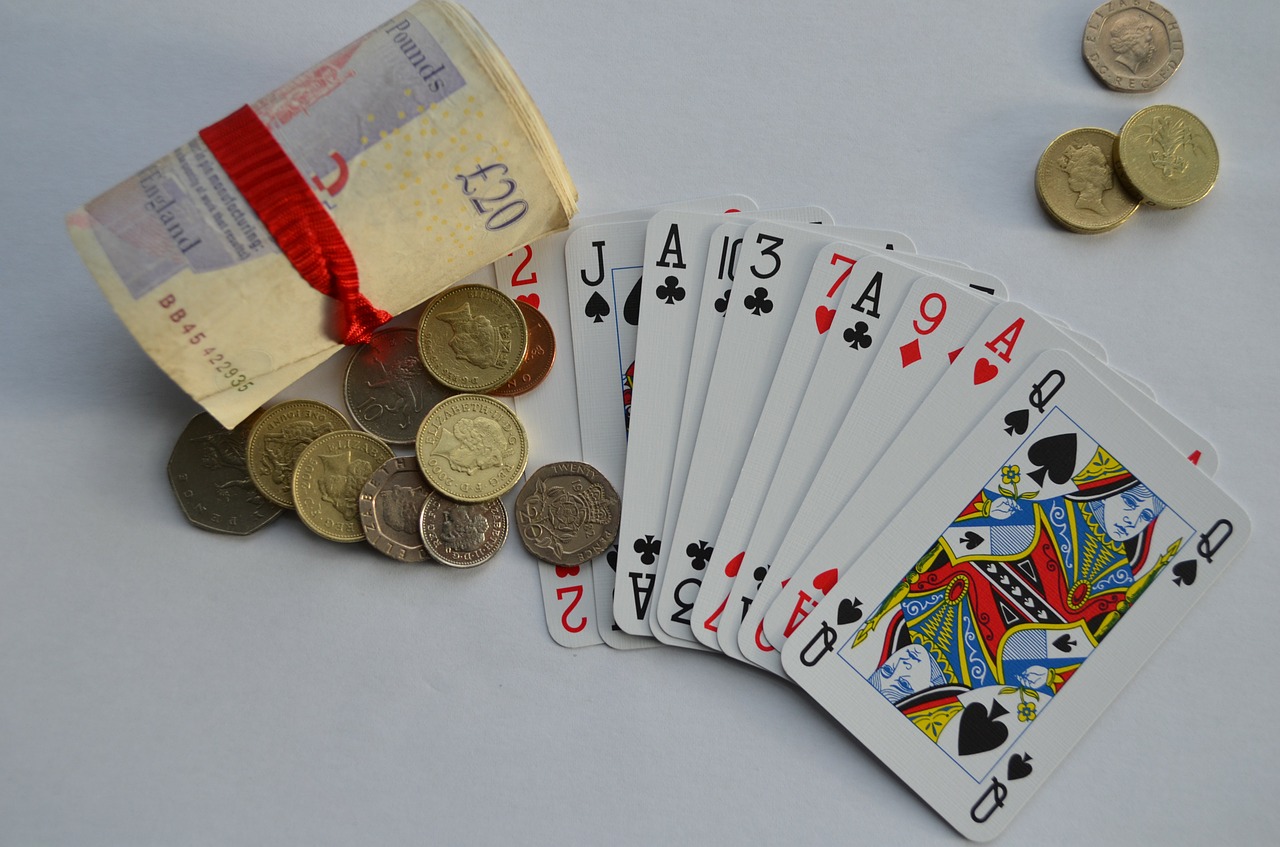

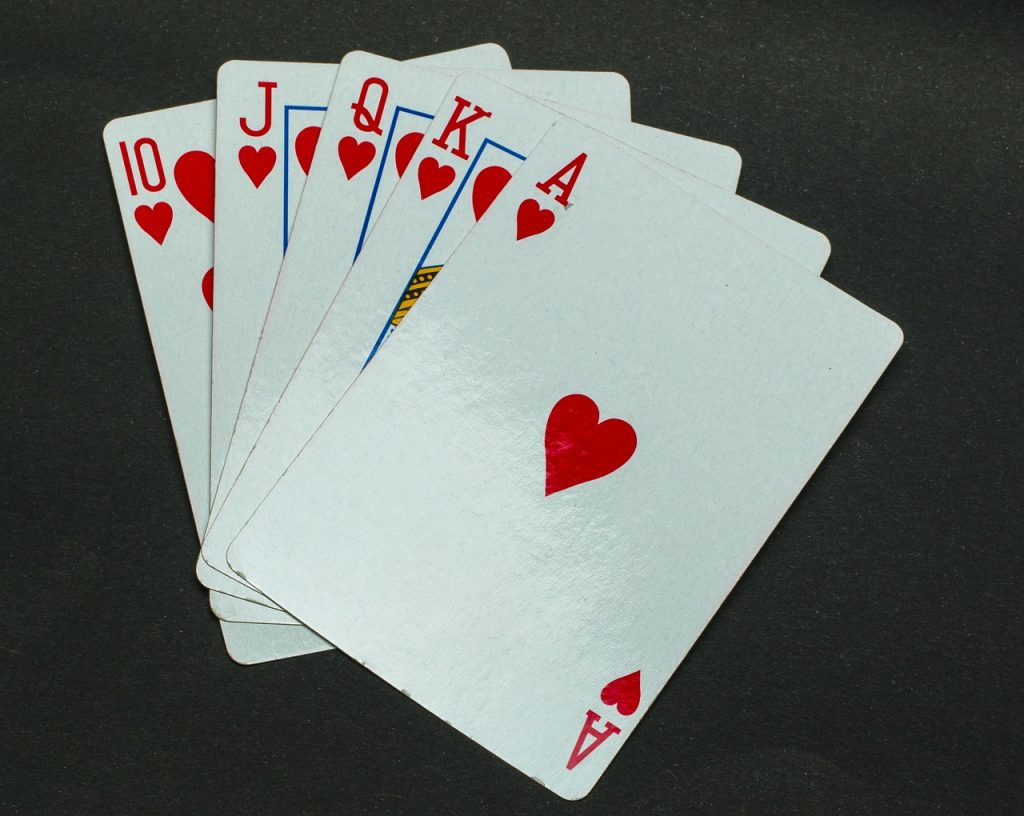
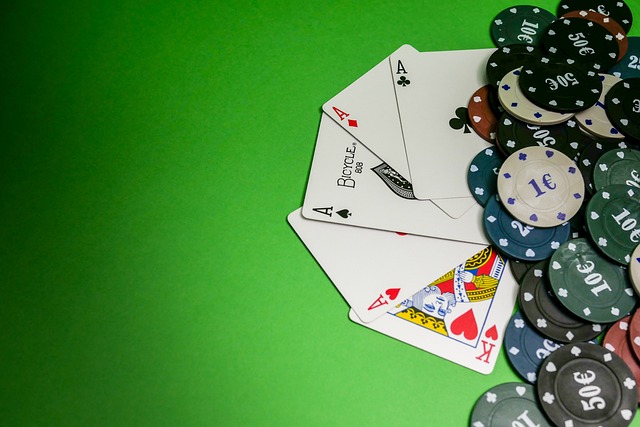
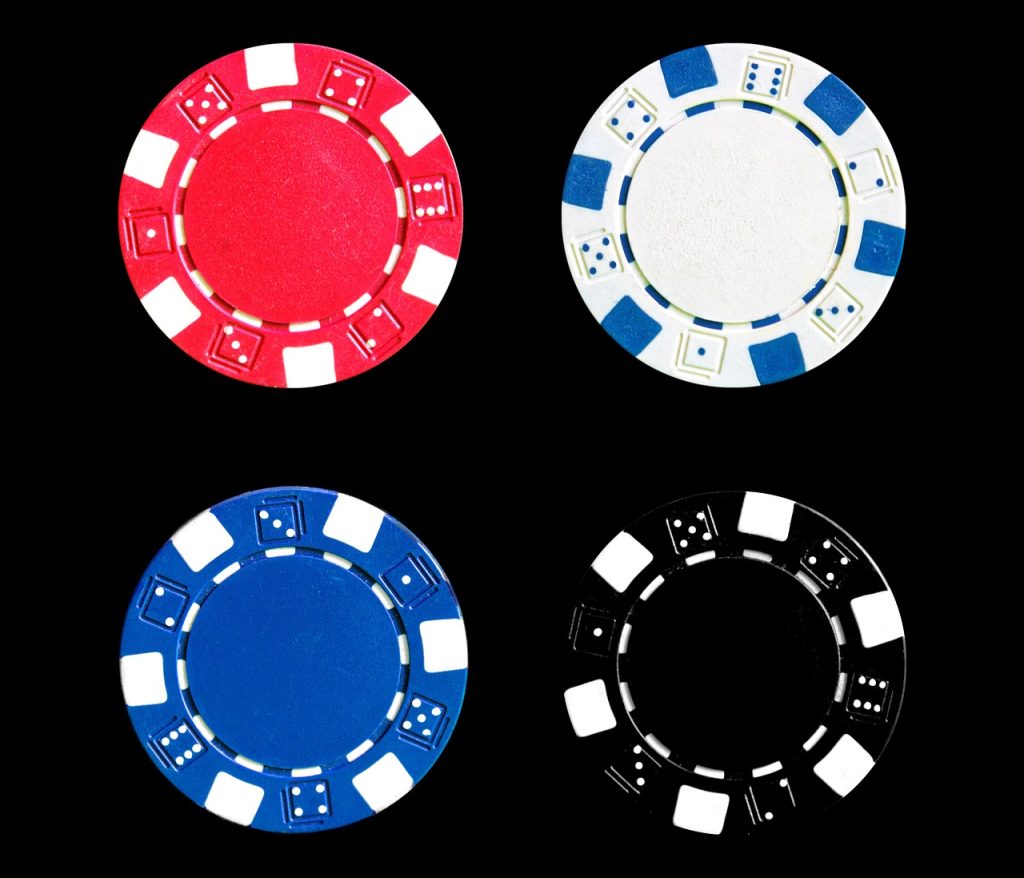
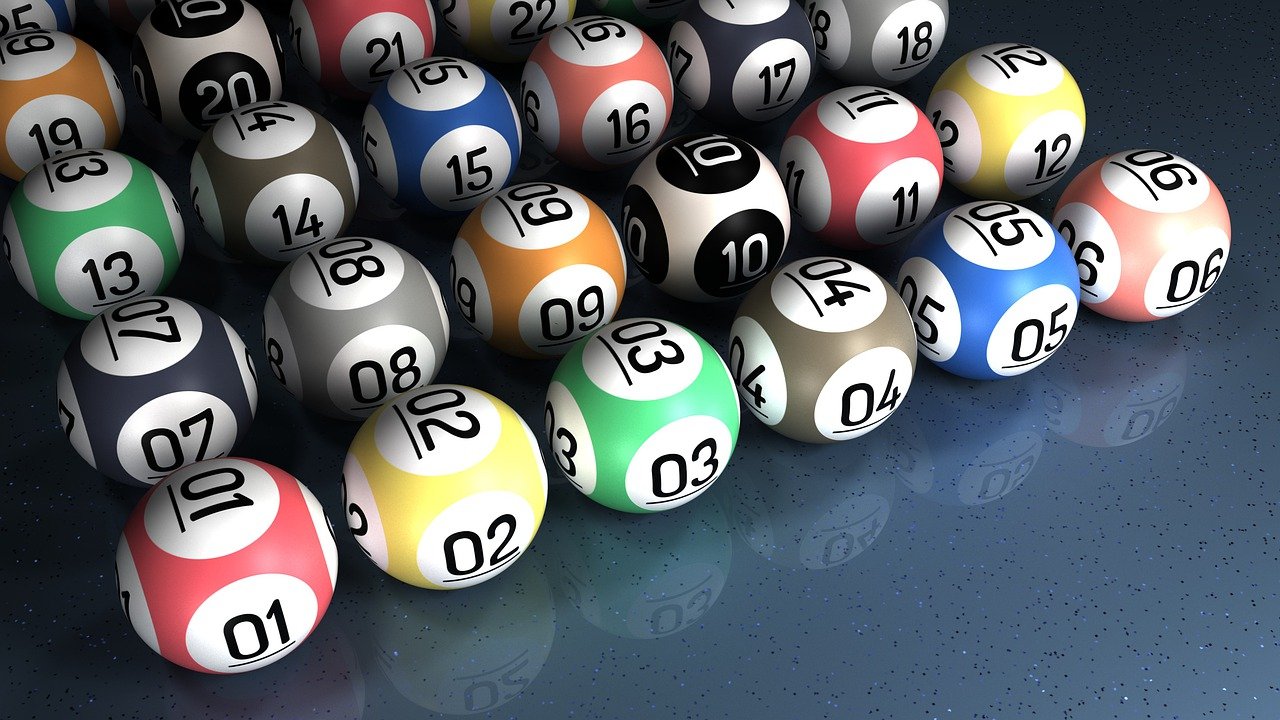
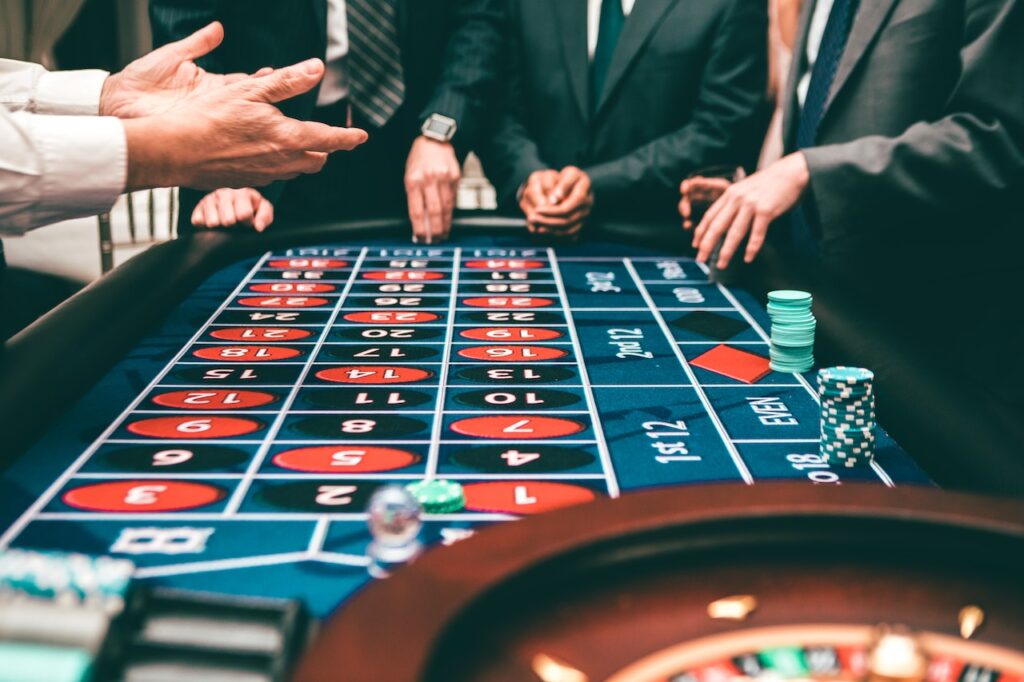
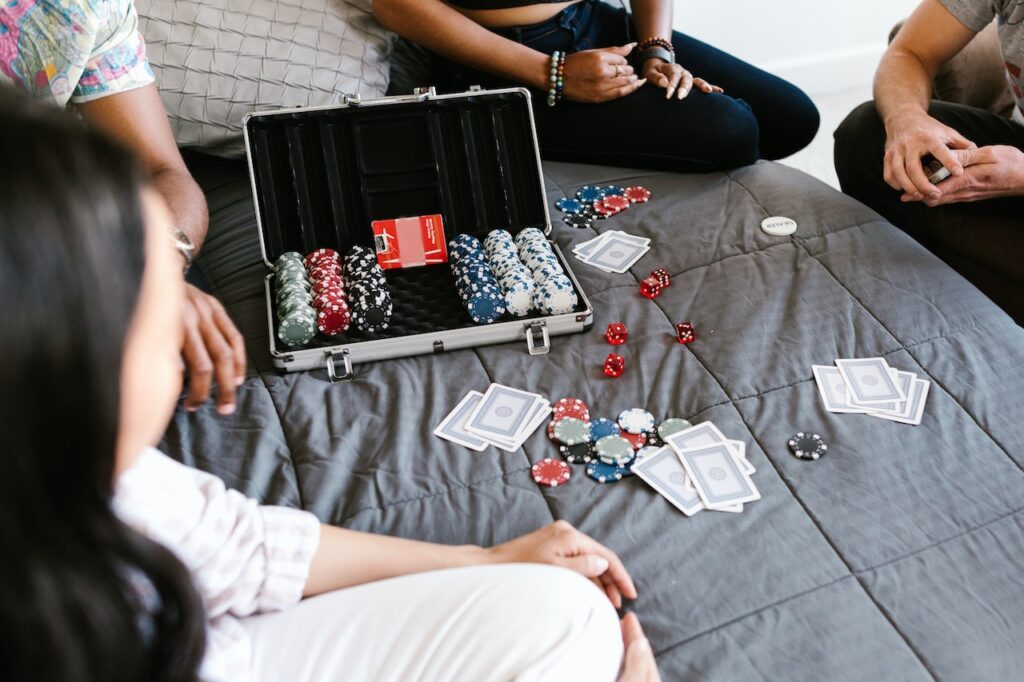
Comments